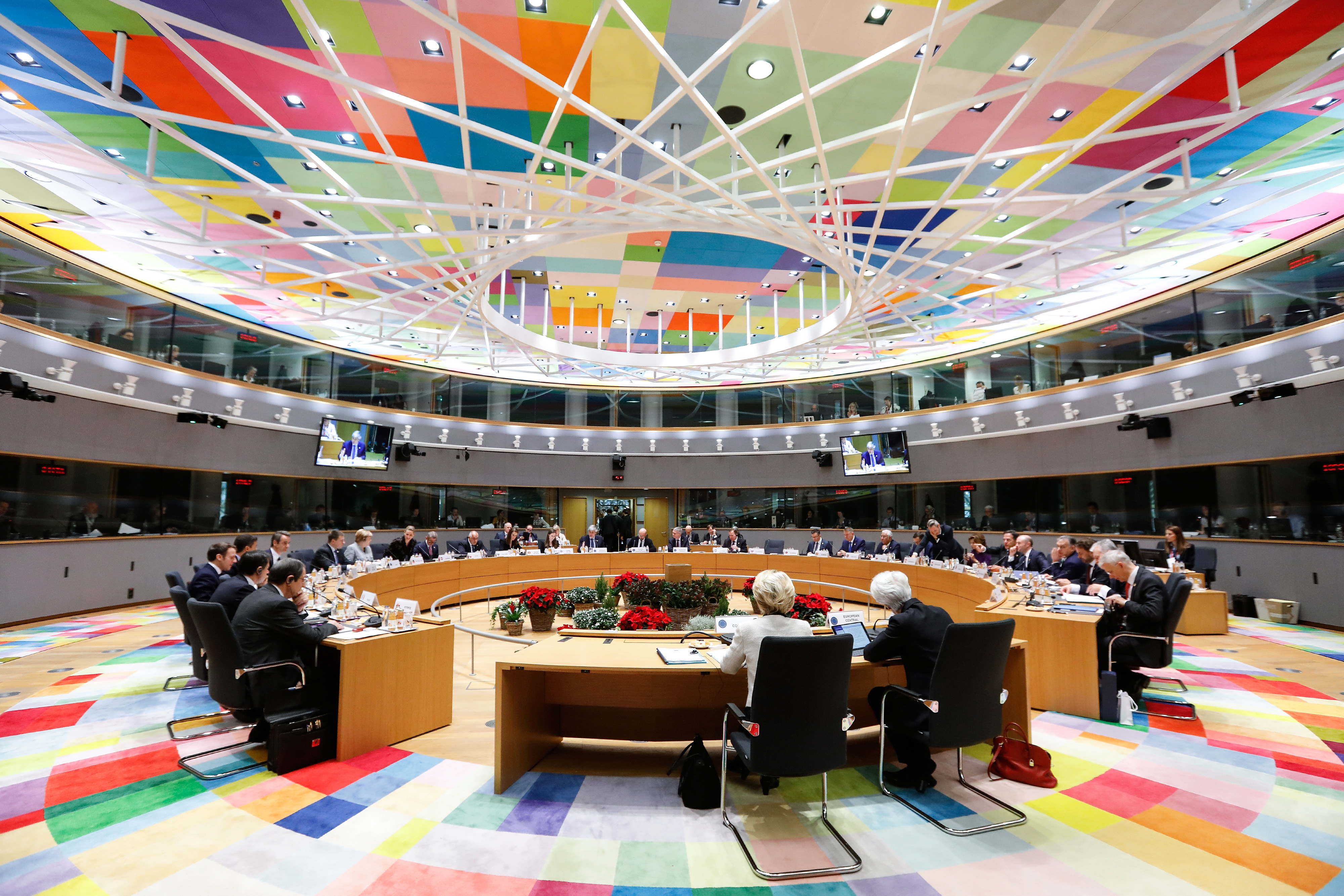EU renews sanctions on Russia over 'situation in Ukraine'
The Council of the European Union extended sanctions on Russia for nearly 6 months in light of soaring tensions over Ukraine.
-

The council of the European Union
The EU has officially extended the economic sanctions against Russia until July 31, 2022, the bloc's council said Thursday in a statement.
"The Council today decided to prolong the restrictive measures currently targeting specific economic sectors of the Russian Federation by six months, until 31 July 2022," the statement read.
Allegedly, the decision follows the latest assessment of the state of implementation of the Minsk agreements signed in 2015 at the European Council of December 16, 2021.
The sanctions had first been introduced against Moscow on July 31, 2014, when the EU accused Russia of "destabilizing the situation in Ukraine. They limit access to EU primary and secondary capital markets for certain Russian banks and companies.
The punitive measures prohibit forms of financial assistance and brokering toward Russian financial institutions, in addition to prohibiting both direct and indirect import, export, or transfer of any defense equipment in the interest of Russia.
The EU sanctions come just days after a fresh batch of US sanctions on a Russian firm, and several US lawmakers announced they would be presenting a bill to sanction Moscow over tensions with Ukraine on Wednesday.
Russia is facing US-European allegations of a military buildup on its shared borders with Ukraine, which they claim amounts to 100,000 Russian troops.
The secretary of the Ukrainian Security and Defense Council said Thursday his country believed there was no immediate threat of a major Russian invasion. Similarly, Kyiv had denied in November Western reports of a Russian military buildup near its eastern border.
The sanctions also come despite attempts at mending the torn relations between Russia and the West through the Geneva talks with Washington on security guarantees over Ukraine.
Russia has been demanding a written commitment that Ukraine would never be able to join NATO and that the alliance would not place any military equipment in certain countries in the region surrounding Russia.
The Kremlin sees that it is best for Russian security that the alliance does not expand eastward and that Russia does not have any Western military activity in its vicinity.

 2 Min Read
2 Min Read








